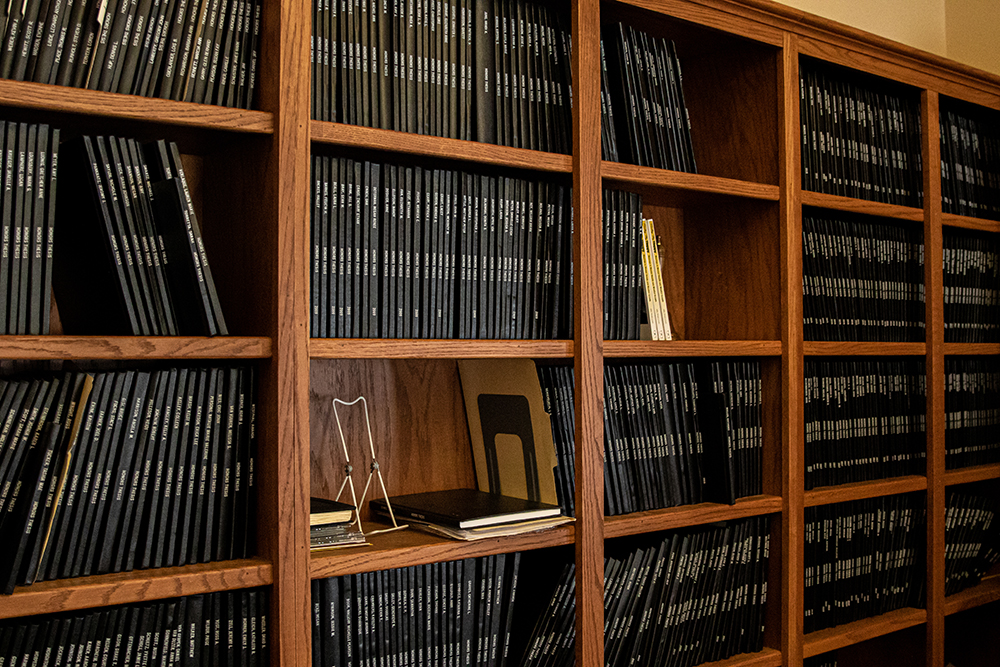
Honors thesis defense moves to Zoom
While USD has used a combination of remote and in-person classes this year, honors thesis defense has been moved entirely online since the spring semester of 2020.
An honors thesis defense comes at the end of the honors program at USD. A student in the honors program researches a topic and prepares a thesis which can take the form of anything from “a scientific experiment or literary analysis to an original novel, play or music composition,” according to the USD website.
When the thesis is completed, the student schedules a defense, which typically lasts one hour, said Melissa Berninger, director of the honors program at USD.
Some difficulties involved in Zoom thesis defense include technical issues, as well as, Berninger said, a distance involved in not being in the same room as the committee judging the thesis.
“There’s something nice and exciting about everybody being in the same room and being able to really interact with one another,” Berninger said. “That’s harder, when you’re on Zoom, to be yourself.”
Tanner Nordseth, a medical biology major, will be presenting his thesis on potential treatments for a deformed wing virus in bee populations this semester. Nordseth, who is president of the pre-med society, said he anticipates the challenges of a Zoom defense to be similar to the challenges of running hybrid in-person and Zoom meetings for that group.
“In my experience, when you’re sharing your screen, you can’t gesture a certain part of your slideshow. Or you can’t direct their attention directly to a graphic,” Nordseth said. “I think it’s just harder to maybe mesh your verbal presentation with your visual presentation.”
Hanna Nicole Browder was a Communication Sciences and Disorders major whose thesis concerned using an app-based program to teach children with complex communication needs reading, writing and grammar without the assistance of a teacher or speech language pathologist. Browder defended her thesis when she graduated in December.
Browder said difficulties with her defense included wireless internet connectivity, audio issues and difficulties sharing presentations.
“I wasn’t able to demonstrate the app as I would have liked to, for my committee, and for the people attending,” Browder said.
Nordseth said one advantage of the Zoom defense will be his family and friends will be able to watch instead of having to travel to Vermillion.
“I think it’s more accessible to the public,” Nordseth said. “So on the flip side, that’s a positive.”
For Browder, the Zoom format of the defense made attendance more of an issue.
“We can send out Zoom links all you like, but the majority of people aren’t going to join a Zoom,” Browder said. “They’d much rather, you know, be there in person.”
Berninger said she’s proud of how students in the program have adapted to new difficulties, including adapting their research due to restrictions on labs and research program cancellations during the summer.
“I’ve really been pleased and proud with the way they’ve been able to kind of maybe switch focus or switch gears and develop different approaches to their projects,” Berninger said. “They should be proud of themselves, because they really accomplished a lot.”


